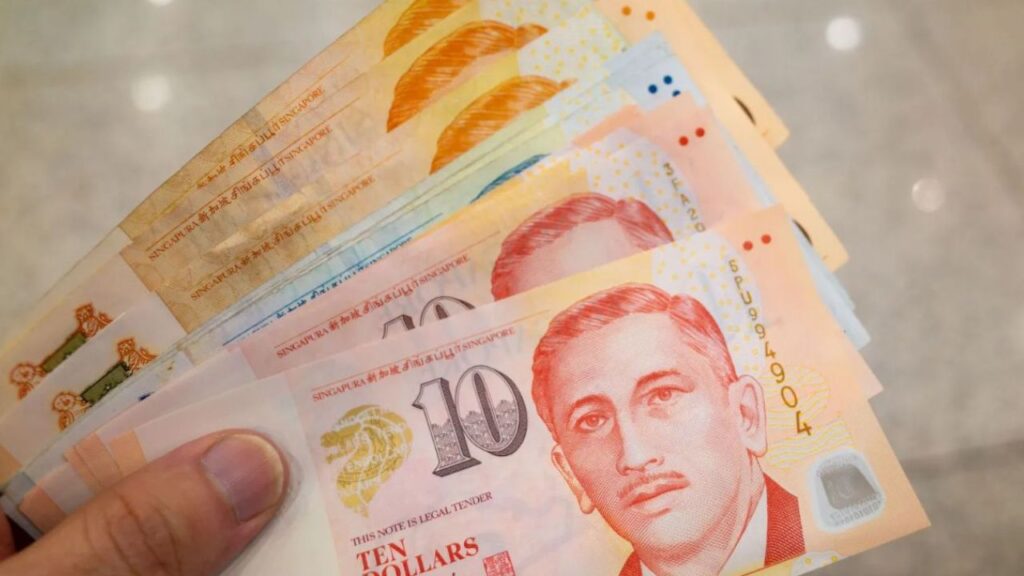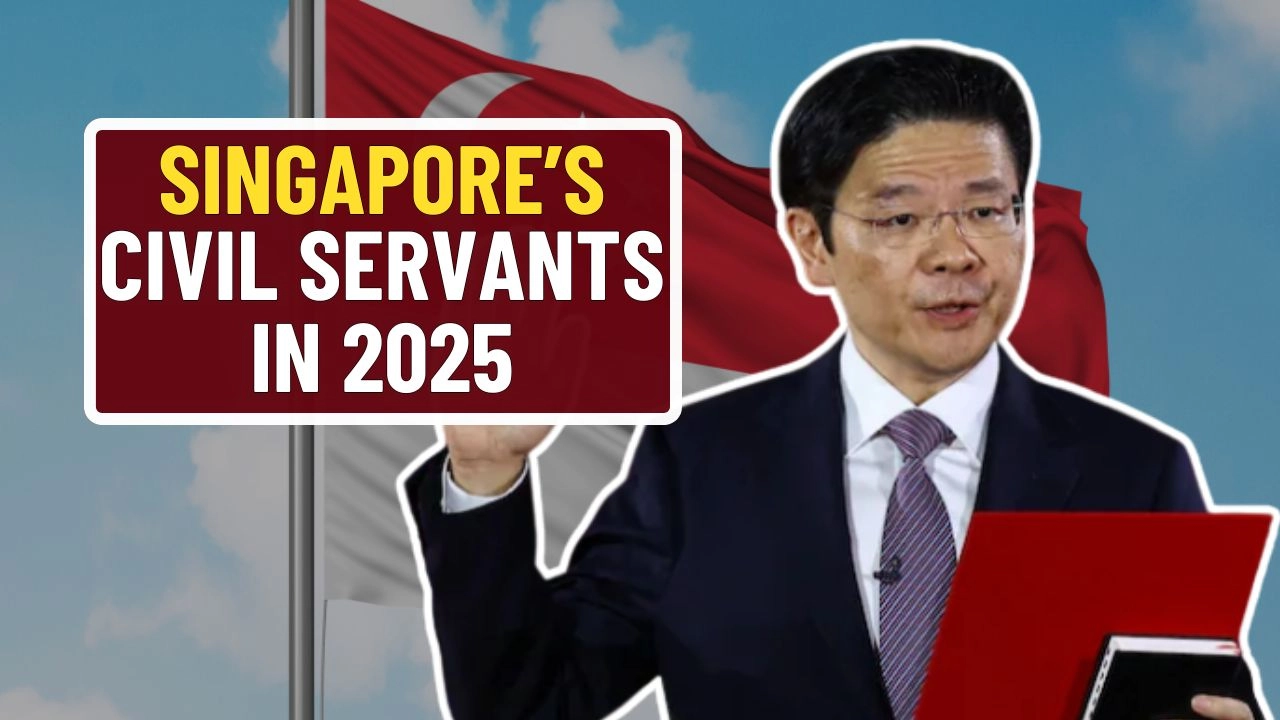Singapore’s civil service workforce will soon receive a meaningful financial uplift as part of new mid-year support measures set for May 2025. Officers in specific junior grades are slated to benefit from a one-time cash payout, helping to ease the burden of rising living costs. This initiative is part of the government’s ongoing commitment to reward public sector employees for their unwavering dedication and service.
Special Cash Award and Mid-Year Bonus Detailed for Junior Ranks
The Public Service Division (PSD) has revealed plans for a 0.45-month mid-year bonus applicable to all civil servants. In addition to this, a one-time cash award will be given, with officers in grades MX15, MX16, and the Operations Support Scheme (OSS) receiving an extra S$250. Those positioned in MX13(I) and MX14 grades will be entitled to a smaller supplementary payout of S$150. This approach highlights the government’s recognition of the important contributions made by civil servants, particularly those in more junior roles.
Anticipated Payout Timeline for June 2025
While the specific disbursement date has not been formally announced, it is widely expected that the bonus and cash payments will be credited in June 2025. This aligns with historical patterns in Singapore’s civil service payouts, ensuring civil servants can anticipate a financial boost during the middle of the year. The funds will be reflected in the salary statements of eligible employees, providing timely support amid economic pressures.
Eligibility Criteria Clarified for the One-Time Financial Support
To qualify for the full S$250 payout, civil servants must be actively employed in designated job grades, namely MX15, MX16, or within the OSS framework. Officers working within MX13(I) and MX14 grades will receive S$150. It is essential that employees remain in active service at the time of the payout. The clear eligibility conditions ensure a focused and transparent distribution of benefits to those who meet the outlined requirements.
Additional Employee Support Programs Set to Launch

The mid-year bonus forms part of a broader strategy to enhance civil service welfare. New initiatives such as the FlexiGrow scheme are set to commence in late 2024, offering an annual allowance of S$500. This allowance can be utilized for a range of activities, including educational pursuits, mental health support, and other wellness programs. These measures mark a progressive shift towards prioritizing the holistic well-being of public sector workers.
Major Enhancements to Healthcare Benefits for Civil Officers
In addition to financial rewards, the government is rolling out significant improvements to healthcare subsidies. From January 2025, outpatient care subsidies at private clinics will rise sharply from S$20 to S$50 per visit. Dental care benefits will also see a major increase, with annual subsidies expanding from S$120 to S$250. These enhancements aim to lessen personal healthcare expenses, especially for civil servants engaged in operational and frontline duties.
Thoughtful Structure of Payouts to Support a Broader Workforce
The design of the mid-year bonus and additional cash payout reflects an inclusive and balanced strategy. All eligible officers will benefit from a 0.45-month salary bonus, supplemented by the graded cash payouts depending on their specific rank. Actual payout amounts will be influenced by individual base salaries and will be subject to standard deductions like CPF contributions and income tax, ensuring consistency and fairness across the public sector.
Strengthening Public Service Through Meaningful Recognition
Singapore’s public service sector, employing over 90,000 individuals, is critical to the nation’s governance and community development. This financial support package is not merely a monetary gesture; it strengthens morale, acknowledges service, and reinforces the government’s commitment to supporting officers, particularly those in more vulnerable junior positions. By doing so, it lays a foundation for greater employee retention, stronger performance, and enhanced overall well-being within the public service.


